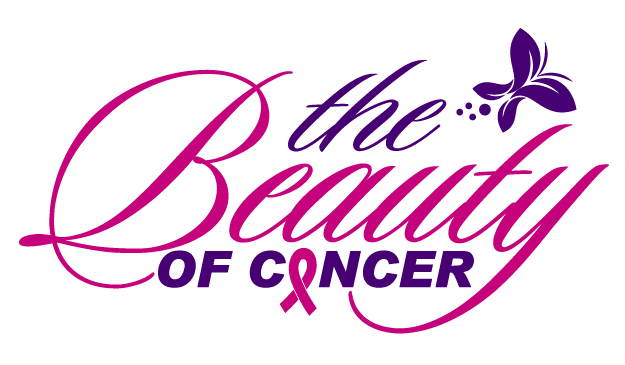A new diagnosis of breast cancer is very unsettling. You immediately want more information. Your mind takes over and your imagination goes into overdrive. When you tell people about your cancer, they ask you questions you can’t answer and create new questions in your mind.

No matter what, do not do these 4 things!
- Freeze and do nothing – Calm down. Take a deep breath. Do not panic. Most cancer patients are diagnosed with curable disease. Running away from the issue will not make it go away. It will not go away on its own. The longer you take to address the problem, the more time it has to get worse.
- Start searching the Internet – The worst thing you can do, is start searching the internet for information on something you know very little about and have very little information about. Everything on the Internet is not true. There is too much non-useful information on the Internet that will only make you more confused and add to your anxiety. The Internet should not be used to try and diagnose symptoms you are having. Leave that for the professionals.
- Soliciting medical advice from non-qualified people – The only people who should be giving you medical advice right now are your doctors. If you don’t feel confortable with your doctor, get a second opinion and see someone else. Those who are not qualified to give you advice may tell you things that are wrong, inaccurate or don’t pertain to your particular situation. Again, this can cause unnecessary worry and upset.
- Delay treatment because of financial concerns– Cancer has a time clock. There is a point in time when cancer can spread and become non curable. Unfortunately, we don’t know when that is and it is different for every person and every type of cancer. There are financial counselors and non-profit organizations that can help identify grants and programs that can help you pay for treatment if you qualify.
Now that you know what not to do, work with your team of doctors to outline the best course of treatment for your cancer. Best of luck on your journey.



